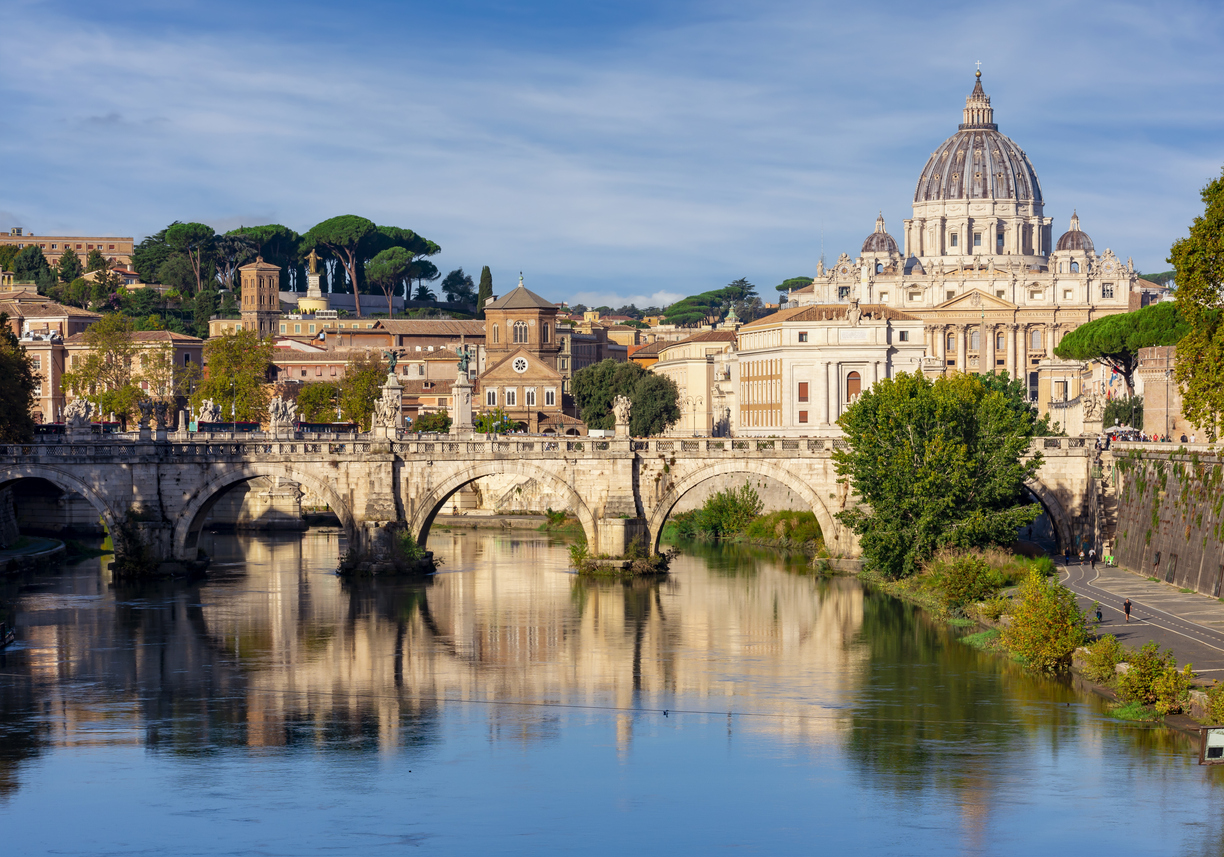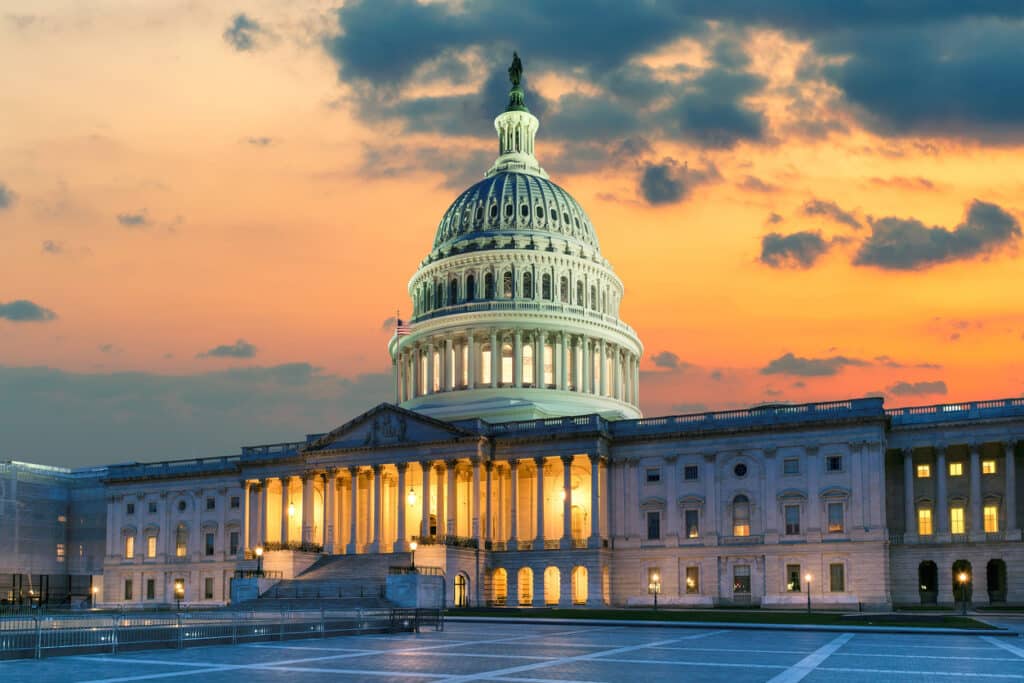In a twist the Roman Catholic Church probably didn’t see coming, newly elected Pope Leo XIV may be facing more than just spiritual obligations—he might owe the IRS.
According to early reports (and more than a few breaking news segments), the new pontiff has ties to the United States. And as any U.S. expat knows, that means one thing: no matter where you live—or preach—citizenship-based taxation follows you. Even if your new mailing address is inside Vatican City.
It’s the kind of story that sounds like theological trivia until you remember how the U.S. tax code works. The IRS doesn’t care what your title is. lIf you’re a U.S. citizen, and you’re receiving income or perks—no matter how sacred—you’re expected to file.
So… does that mean the Pope needs to submit a 1040?
Let’s take a look.
Does the Pope even get paid?
Popes don’t draw a paycheck, and Pope Francis—formerly Jorge Mario Bergoglio—made it clear from day one that he wanted no part of a salary. Like Pope Benedict XVI before him, he embraced the vow of poverty, a gesture that aligns with both Church tradition and modern expectations around humility and optics.
Still, the role comes with comforts that go well beyond a typical paycheck.
While the Catholic Church avoids language like “salary” or “compensation,” the reality is that the role of the Holy Father comes with a deeply resourced support structure. It may not appear on a W-2, but the material benefits are real—and significant.
Here’s what that typically looks like:
- A private apartment in the Apostolic Palace, maintained by the Curia
- Full-time access to healthcare, security, and household staff
- Ceremonial stipends—typically in euros
- Unlimited use of Vatican transport, including the Popemobile
- Travel allowances, clothing, meals, and state-funded living expenses
- Diplomatic gifts and non-cash perks that, under U.S. law, could be construed as taxable benefits
These are not symbolic. They’re operational. They reflect the logistical reality of managing a global institution headquartered in Vatican City, and funded in part through Peter’s Pence, historical real estate holdings, and centuries-old financial mechanisms managed by the Holy See.
Even Cardinal Prevost, who participated in the most recent conclave, has acknowledged that while popes may take a vow of simplicity, the institutional support is anything but.
This raises a more nuanced question—one not just of theology, but of tax law: At what point does support become compensation? And what happens when that question crosses international borders?
Why Pope Leo XIV could owe the IRS
The papacy comes with global influence, spiritual authority—and, potentially, a U.S. tax file.
Because he was born in Chicago, he’s considered a U.S. citizen—and under the U.S. tax code, that makes him a U.S. person for tax purposes. That label may sound vague, but it carries very real obligations: namely, to report your worldwide income, file an annual tax return, and possibly disclose foreign financial assets—even if you now live inside Vatican City and travel exclusively by Popemobile.
Why does this matter?
Because in the eyes of the IRS, “U.S. person” doesn’t just mean citizen. It includes:
- Citizens, even if they haven’t lived in the U.S. for decades
- Green card holders, whether active or long expired
- Those who pass the substantial presence test
- And yes—accidental Americans, who may not even know they’re on the hook
In short, being American-born—even decades ago, even post-conclave—is enough to trigger lifelong filing obligations, no matter whether you’re the Catholic Pope or the US President. And while the Holy See might view the Pope as beyond such earthly logistics, the IRS is less deferential.
With global information-sharing agreements like FATCA, even institutions as sovereign as the Catholic Church don’t offer cover. The IRS isn’t hunting popes. But it also doesn’t care how you spend your Sundays. If you’re a U.S. person, you file.
Could the Pope just renounce his U.S. citizenship?
If Pope Leo XIV wanted to sever his last legal tie to the U.S., renunciation is theoretically on the table. But for a pope born in Chicago, the process is a high-stakes exercise in international bureaucracy, not just a symbolic move.
What would it actually involve?
- A formal declaration: He’d need to appear in person at a U.S. consulate or embassy, complete the DS-4079, and swear his intent before a consular officer.
- The exit tax: If his net worth or average annual U.S. tax liability over the last five years crosses IRS thresholds, he’d be hit with the “exit tax.” This means he’d be deemed to sell his worldwide assets the day before renouncing, triggering capital gains tax on any appreciated value.
- Timing matters: Under U.S. law, you remain a U.S. person until the paperwork is complete. If renunciation occurs partway through a tax year, he’d owe a final dual-status return, plus all required disclosures (think: FBARs, FATCA, and more).
- Diplomatic optics: This isn’t just personal finance—it’s geopolitics. For the first American-born pope, such a move would be closely watched in Washington, Rome, and Vatican City. It’s the kind of decision that would make headlines around the world—and set a new precedent for high-profile Americans abroad.
It’s worth noting that renunciation is irrevocable and comes with loss of U.S. benefits (like Social Security and embassy protection). And for high-profile individuals, it often means a more thorough IRS review of years past—especially with the current focus on accidental Americans.
So, could Pope Leo XIV renounce his U.S. citizenship? Legally, yes. Practically, it’s a labyrinth. And for now, he hasn’t given any indication he intends to.
The papacy meets the IRS
The idea of a pope filing a U.S. tax return sounds like the punchline to a particularly niche joke. Yet thanks to America’s citizenship-based tax regime, it’s not just possible—it’s precedent-setting.
For the first time, the Vatican, the Jesuits, and the global Catholic Church have to contemplate how a pontiff’s American birthplace—Chicago, not St. Peter’s Basilica—might trigger annual paperwork with the IRS. It’s an unusual intersection of symbolic leadership, real-world liability, and the inescapable reach of the U.S. tax system—even for a head of state.
The takeaway? In the modern world, citizenship travels with you, from New York to Italy, from conclave to the Sistine Chapel. And yes, sometimes all the way to the Apostolic Palace.
If you find yourself navigating cross-border tax complexity, Bright!Tax is here to help U.S. citizens worldwide (and their family members) stay compliant. Because even with a global mission, it helps to have guidance on the fine print.
Reach out if you need clarity. Even if your new office comes with a view of St. Peter’s.

 Connect on LinkedIn
Connect on LinkedIn

